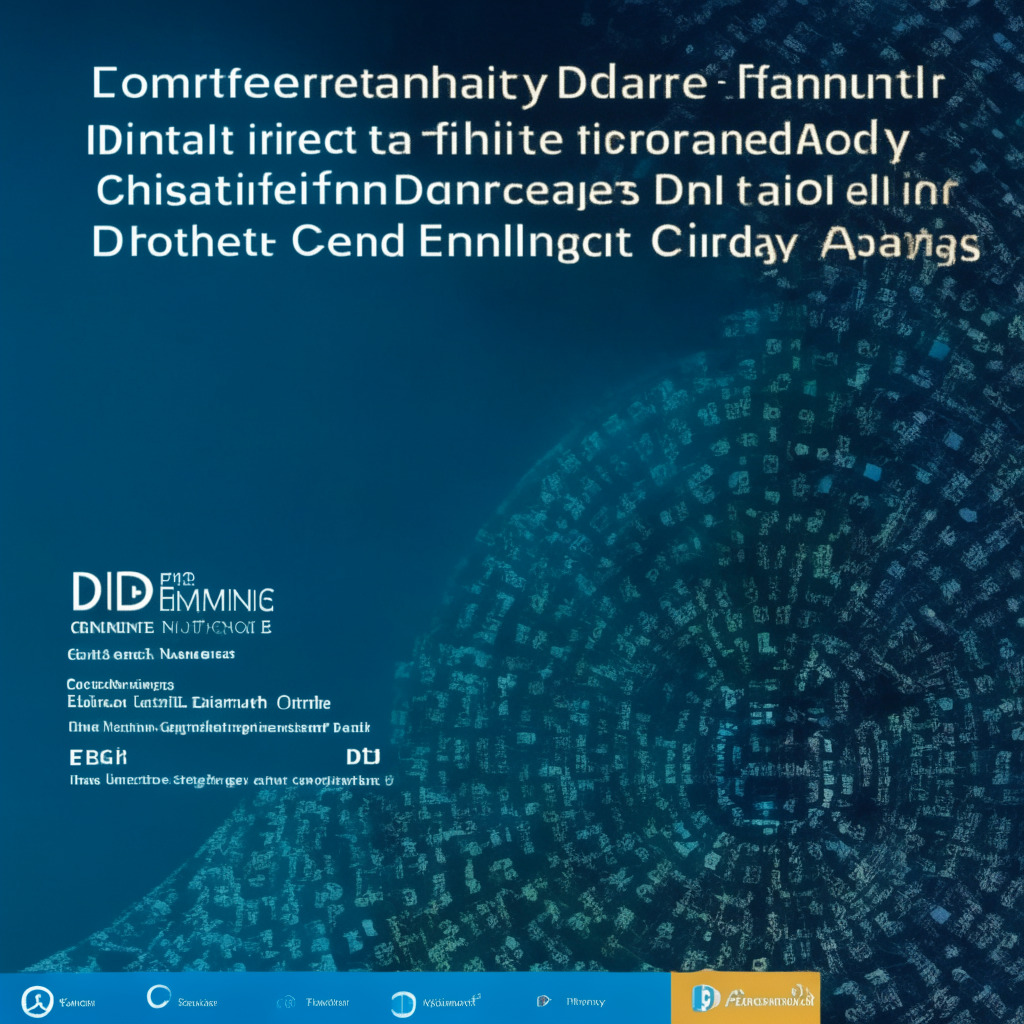At a recent Financial Times Cryptocurrency and Digital Assets Summit in London, Tom Mutton, the Bank of England’s head of fintech, shared his views on the United Kingdom’s plans to institute a central bank digital currency (CBDC), focusing on the concepts of privacy and anonymity. Mutton emphasized that while a digital pound must have the highest standards of privacy, anonymity was not intended for this financial instrument.
Cryptocurrency enthusiasts may view Mutton’s comments with a degree of skepticism, as he appears to denounce the anonymity provided by cryptocurrencies. His concerns seem to stem from the potential use of digital assets in criminal activities, which experts estimate to account for only 0.10% to 0.15% of all cryptocurrency use. One might argue, however, that the anonymity offered by cryptocurrencies is an essential aspect of their value proposition and can foster financial inclusion for those excluded by traditional banking systems.
Mutton further shared that the digital pound would not be interoperable with cryptocurrencies, as they don’t “fulfill any of the functions of money.” This statement might be perceived as controversial considering the increasing adoption of cryptocurrencies and their expanding use cases, spanning from remittances and micro-transactions to supply chain management and decentralized finance.
The Bank of England’s approach to CBDCs slightly differs when it comes to stablecoins. Sir John Cunliffe, the bank’s deputy governor, addressed CBDCs and stablecoins at the Innovative Finance Global Summit in London. He suggested that stablecoins could offer greater efficiency and functionality in payments, but few existing offerings would meet the standards for robustness and uniformity currently applied to commercial bank money and existing payment systems.
While the Bank of England acknowledges likely future demands for a digital pound in response to evolving trends in payments and money, the timeline for its launch remains uncertain. The bank has yet to decide whether to implement the CBDC at all, taking a cautious approach to digital currencies.
In summary, the Bank of England’s stance on digital currencies brings up interesting questions about the role of anonymity, privacy, and interoperability in the financial ecosystem. While central banks worldwide recognize the need to adapt to changing financial landscapes and potentially adopt CBDCs, they also recognize the challenges that come with it, including the balance between upholding the highest standards of privacy and ensuring consumer protection from criminal activities. The ongoing dialogue on this topic highlights the complexities surrounding the integration of traditional financial institutions and emerging digital assets.
Source: Cointelegraph




